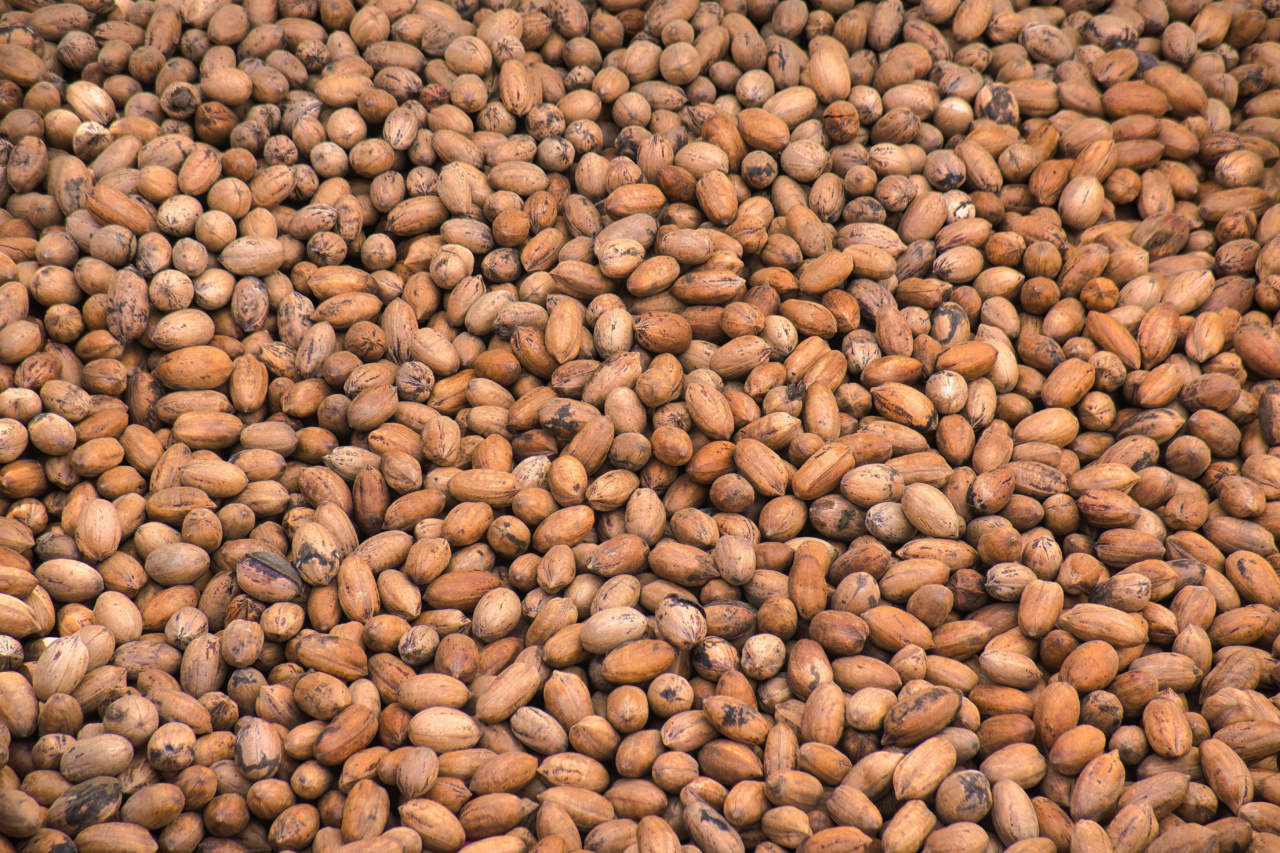Dialysis treatment is necessary for people with Chronic Kidney Disease (CKD) or End-Stage Renal Disease (ESRD) to help remove excess waste and fluids from the blood in place of failing kidneys.
For people with kidney problems, adequate nutrition is vital for overall health and well-being, and especially crucial for those on dialysis treatment. However, people on dialysis may face unique challenges in maintaining adequate nutrition levels due to various reasons, including the restriction of certain foods, dietary changes, and side effects of dialysis.
Here are some tips to help patients achieve proper nutrition while on dialysis treatment:.
1. Consult with a Registered Dietitian (RD)
It is essential for people on dialysis treatment to consult with a registered dietitian.
An RD can help patients develop an individualized meal plan that meets their nutritional needs, including the right balance of carbohydrates, protein, and other essential nutrients, such as potassium, sodium, and phosphorus. RDs can also help patients identify the appropriate portion sizes and advise on which nutrient-rich foods to add to their diet while avoiding foods that may interfere with dialysis treatment.
2. Monitor Your Fluid Intake
When kidneys fail, fluid intake must be monitored closely to prevent fluid buildup. Dialysis treatments help eliminate excess fluid, but it’s still essential to maintain strict fluid limits between treatments.
Patients on hemodialysis commonly have a fluid limit of about 32 oz per day. On the other hand, peritoneal dialysis patients usually have less strict fluid limits. Still, it is essential to maintain adequate fluid intake to prevent dehydration and other complications.
An RD can help determine your specific fluid needs, depending on your treatment type and individual needs.
3. Manage Phosphorus Intake
Healthy kidneys regulate the body’s phosphorus levels. When kidneys fail, phosphorus levels can build up in the blood, leading to various health complications.
Dialysis treatment can help remove some of the excess phosphorus, but it is still vital for patients to limit their phosphorus intake through diet. Foods high in phosphorus include dairy products, dark sodas, nuts, fish, and other protein-rich foods.
An RD can help patients manage their phosphorus intake by identifying foods with lower phosphorus content and recommending phosphate binders that can help control the phosphorus in the blood.
4. Watch Your Potassium Intake
Potassium is an important mineral necessary for maintaining healthy nerve, muscle, and heart functions. However, too much potassium can be harmful to people with kidney problems, leading to arrhythmia or even cardiac arrest.
Dialysis treatment helps remove excess potassium, but patients still need to watch their potassium intake through diet. Foods with high potassium content include bananas, potatoes, spinach, mushrooms, oranges, and tomatoes.
An RD can help patients manage their potassium intake by recommending foods low in potassium and potassium binders that can help control potassium levels in the blood.
5. Eat Enough Protein
Protein is an essential nutrient that is necessary for building and maintaining healthy tissues, but people on dialysis need to balance their protein intake carefully.
Too little protein may result in muscle wastage, while too much protein can lead to increased levels of urea in the blood. An RD can help patients determine their individual protein requirements and recommend lean sources of protein, such as fish, poultry, or egg whites, to help maintain healthy protein levels while avoiding excess waste products.
6. Limit Sodium Intake
Excess sodium in the diet can lead to high blood pressure, fluid retention, and heart problems. Dialysis patients should limit their intake of sodium through diet. Salty foods and processed foods that contain high levels of sodium should be avoided.
An RD can help patients manage their sodium intake and suggest low-sodium alternatives for flavor, such as herbs and spices.
7. Take Vitamins and Supplements
Patients on dialysis can be prone to nutritional deficiencies, such as anemia, vitamin D, and mineral deficiencies. Taking vitamins and supplements can help prevent and correct these deficiencies.
An RD or healthcare provider can help determine which vitamins and supplements are necessary and can recommend the appropriate dosage.
8. Consider Home-Cooked Meals
Home-cooked meals can be a healthy and convenient option for dialysis patients. Patients who cook at home can control the ingredients and the nutritional content of their meals.
Homemade meals can also help avoid processed foods that contain high levels of sodium, potassium, and phosphorus. An RD can help patients develop meal plans and suggest recipe ideas that meet their individual needs.
9. Pay Attention to How You Feel
The side effects of dialysis treatment, such as nausea, vomiting, fatigue, and loss of appetite, can make it challenging to maintain proper nutrition. Patients should pay attention to how they feel and report any symptoms to their healthcare providers.
An RD can adjust meal plans to help manage symptoms and side effects and find ways to improve patient comfort while maintaining nutrition levels.
10. Stay Positive
Sometimes, despite following all recommended guidelines, maintaining adequate nutrition levels can be challenging for patients on dialysis. It is essential to remain positive and focused on long-term health goals.
Patients should communicate openly with their healthcare providers, nutritionists, and support networks to get the help they need to stay healthy and continue enjoying an improved quality of life.































